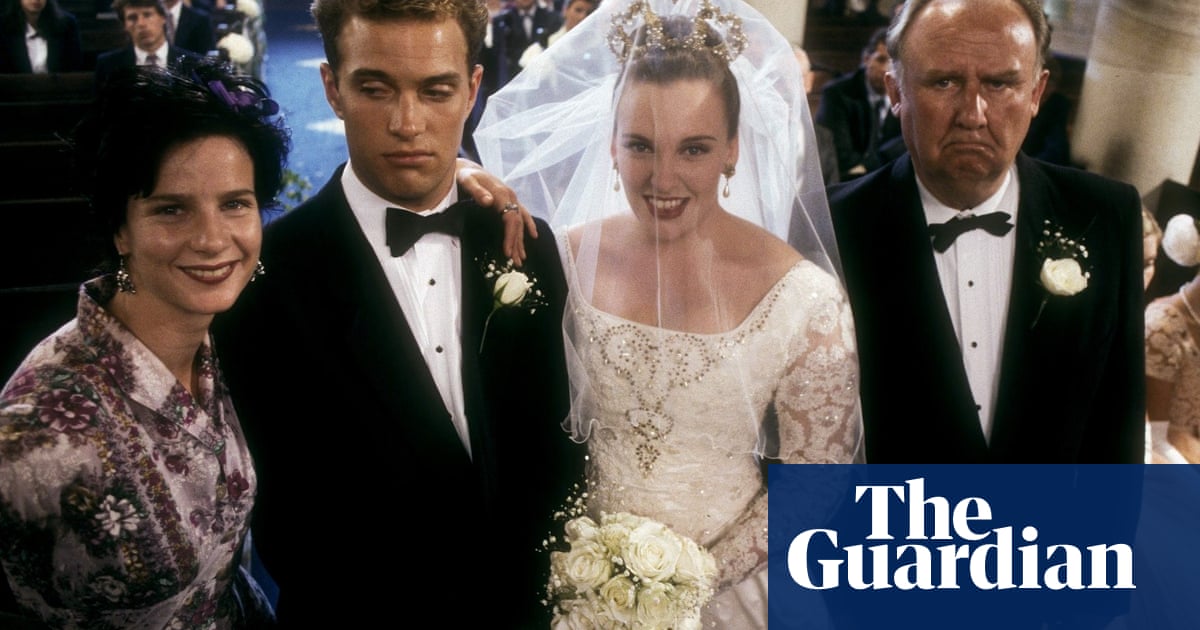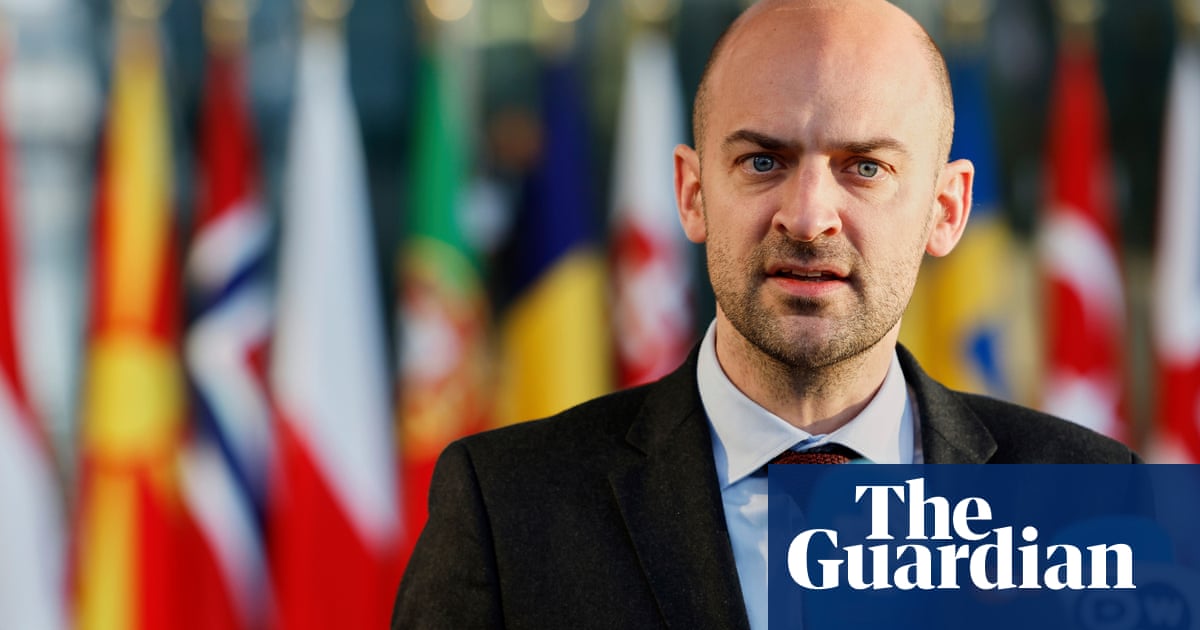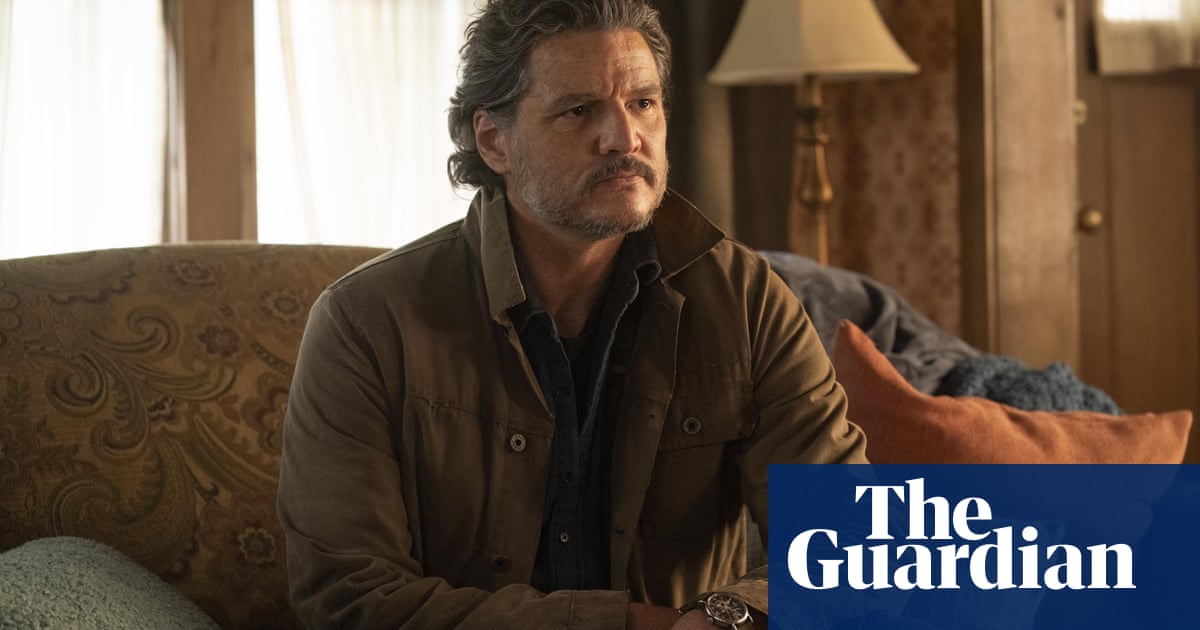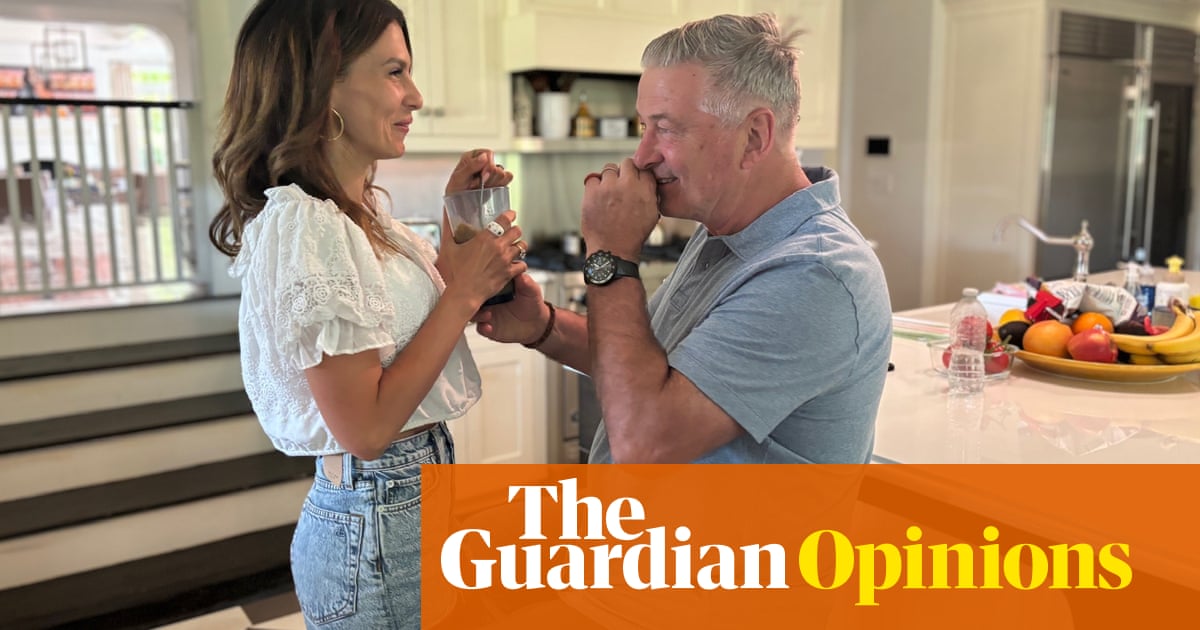Last month, ITV News reported on the case of 51-year-old Anne, who travelled to a Swiss assisted suicide clinic to end her own life after her only son died. The first her family knew of it was when they received the goodbye letters Anne had posted them from Switzerland. It follows another case from 2023, when 47-year-old Alastair Hamilton went to the same Swiss clinic after telling his mother he was going on holiday. He had been suffering from stomach problems but had no diagnosed illness. There are similar cases of individuals being prescribed lethal drugs in Canada without the knowledge of their families, to their profound distress.
If MPs in Britain vote to legalise assisted dying next month, the same could happen. Eligibility would be more limited than in Switzerland or Canada, to people diagnosed with a terminal illness where a doctor believes they probably have fewer than six months to live. That’s more subjective than it might sound: in Oregon, for example, doctors have interpreted terminal illness to include malnutrition from eating disorders, and the assisted dying bill’s sponsor, Kim Leadbeater, rejected amendments backed by eating disorder charities to prevent this happening here. Having learning difficulties or a mental illness, feeling depressed or suicidal, or alcohol misuse that might impair judgment would not preclude someone from seeking a medically assisted death. There would be no obligation on assisted suicide providers to notify families their relative is about to die, and no route for relatives to raise concerns about coercion.
Do we really want to live in a society in which a depressed 19-year-old diagnosed with terminal cancer can kill himself with medical assistance, and his parents only find out afterwards? Or in which an older woman who is terminally ill can get an assisted death to avoid being a burden on her adult children, with no opportunity for them to tell her that caring for her would be an act of love rather than obligation? These circumstances would be entirely permissible under Leadbeater’s bill. They are the logical extension of treating medical assistance to kill oneself as healthcare, and as facilitating an adult’s right to make autonomous and private choices.
Last week, Leadbeater announced that the next stage of her bill – when the Commons will debate and vote on the bill as amended during committee stage – would be delayed by three weeks until 16 May. This is a concession, albeit a paltry one. Many of her colleagues were alarmed that such a consequential debate might happen just a few days before local elections and when the government’s impact assessment has not yet been published. Now, it gives MPs more time to digest what has happened to the bill in committee stage. If they look beyond the fervent spin, they will find legislation that has been weakened rather than improved. The judicial safeguard has been eliminated. Instead of judges signing off assisted deaths, this will fall to panels with no investigatory powers, no ability to summon witnesses or to hear evidence under oath, and no obligation to make inquiries beyond hearing from one doctor. External oversight of the system by the chief medical officer has been removed. The NHS can outsource assisted dying to for-profit companies. There is no proper regulatory regime nor any protection for hospices from being financially penalised for not providing assisted dying on their premises. Doctors can proactively suggest assisted dying to under-18s, who can qualify for it from their 18th birthday. These are just some of the problems with the bill. Little wonder that six Labour MPs have written to colleagues calling it “flawed and dangerous”.
after newsletter promotion
How did we get here? There are some intellectually honest proponents of assisted dying who acknowledge that people would suffer wrongful deaths if it were legalised. The brain surgeon Henry Marsh even said in 2017 “if a few grannies get bullied into it, isn’t that a price worth paying for all the people who could die with dignity?”. Grim, though upfront. But I have watched open-mouthed as some MPs arguing for assisted dying have chosen to ignore what we know about safeguarding to pretend it’s possible to eliminate the risk of people being coerced into killing themselves, through something as cursory as a bit of training for doctors signing it off. Have they not read the same safeguarding reviews that I have, which make clear that even experienced social workers routinely miss cases of domestic abuse? Have they not digested the implications of NHS scandals, such as mid-Staffs, the maternity scandals, and the Tavistock’s clinic for gender-questioning children? Is it arrogance or ineptitude that makes them think they know better than the country’s leading experts on domestic abuse?
Whatever it is, the need of some to keep their consciences clear by deluding themselves that the bill is safe means they have had to cast the MPs and experts who have desperately tried to amend the bill to make it safer as acting in bad faith, rather than people with a more realistic understanding of the world. They are perceived as bad folk using words like “risk” and “safeguarding” as a foil for some other irrational opposition to something that’s innately good. In fact, it’s the other way round: some assisted dying proponents have been quasi-religious in their fervour that theirs is the one true way, rejecting pragmatic amendments from those who don’t think it can be done safely, but want to minimise the risks.
It is an unserious, irresponsible way to make law that could lead to vulnerable or suicidal people being prescribed lethal drugs by the state. Labour seems yet to twig what a serious political problem this could be. Does it really want to be known as the party that failed to fix the NHS so that a parent with probably-terminal cancer could access decent end-of-life care, but instead made it possible for them to kill themselves with medical assistance when they were feeling suicidal? But these ugly politics pale against the fundamental moral question. I don’t want to live in a society that sees people with complications and vulnerabilities as expendable in reducing the suffering of others. It really is as simple as that. And it distresses me immeasurably that there are MPs who cannot see this is precisely what this bill would achieve.

.png) 1 day ago
6
1 day ago
6













































